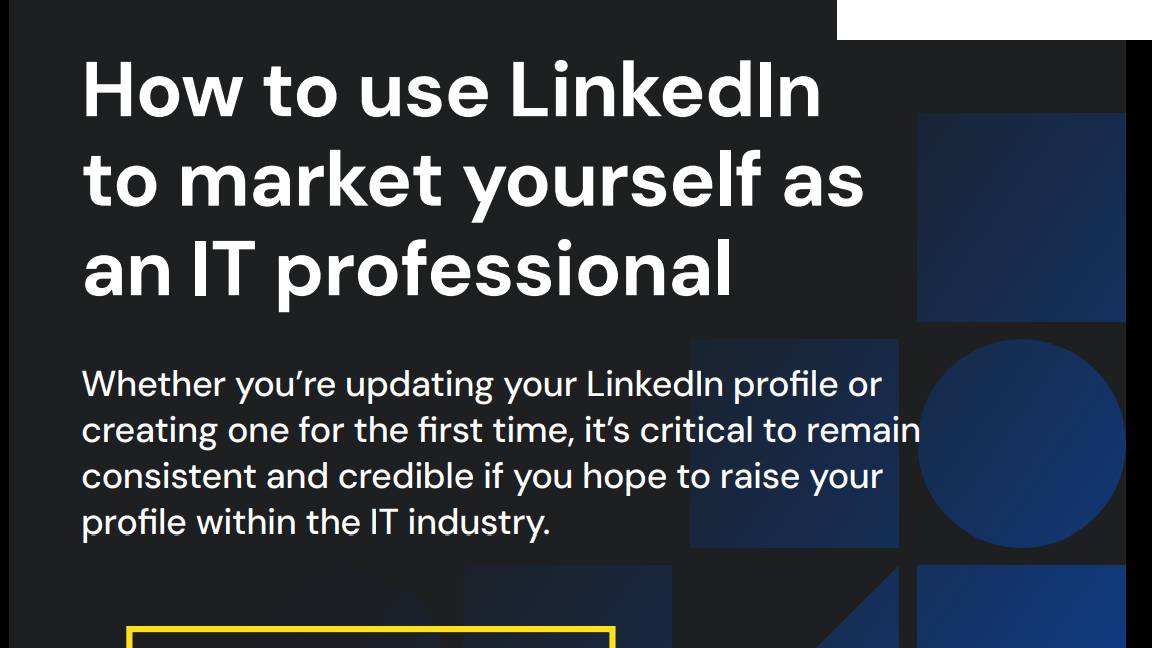Facebook's mood-changing news feed tests prompt apology from researchers
Facebook managed to change 700,000 users' moods just by tweaking timelines on the social network, much to the chagrin of users


The researchers behind Facebook's controversial news feed tests have apologised to users of the social networking site for any "anxiety" their endeavours caused.
The side announced over the weekend the results of a study into its users' behaviour, which showed it can change their by tweaking timelines so that more positive or negative posts dominate.
The social network came under fire for not getting permission from the 700,000 users affected by the tests, which also revealed that users would post overly negative or positive messages on their timelines depending on which content type was shown.
Facebook published the findings in a report earlier this month, including an analysis of the posts people involved unknowingly made during the experimental period.
Anyone using Facebook with English set as their language was eligible for the study, but they were not advised whether they were being monitored or not.
The research discovered that the emotions felt by one person spread across the network quickly, but friends tended to respond to negative posts rather than the happier posts.
Those who received a lot of high-emotion posts on their timeline - whether positive or negative - tended to step back and stop posting.
Sign up today and you will receive a free copy of our Future Focus 2025 report - the leading guidance on AI, cybersecurity and other IT challenges as per 700+ senior executives
Facebook worked on the experiment in partnership with Cornell University and the University of California over the course of a week in 2012.
Critics of the tests said the research could be used by Facebook to make people post more content and more shockingly, by highly influential bodies, such as governments, to manipulate people by changing timelines and making whole nations feel a certain emotion.
Others have questioned whether the site should have acquired the informed consent of users before carrying out the experiment.
However, changes to the firm's user policy, which came into force several months after the experiment took place, state that users of the site must accept their data will be used for "internal operations" and "research".
Given that this was reportedly only added to the firm's terms and conditions of use after the experiment, it could prompt questions about the eligibility of Facebook users for compensation over the trials.
Susan Fiske, professor of psychology at Princeton University, who carried out the research, told the Atlantic: "It's ethically okay from the regulations perspective, but ethics are kind of social decisions. There's not an absolute answer. And so the level of outrage that appears to be happening suggests that maybe it shouldn't have been done... I'm still thinking about it and I'm a little creeped out too."
Facebook said it didn't collect any data from the experiment, although the social network's guidelines do permit the use of data for "internal operations, including troubleshooting, data analysis, testing, research and service improvement."
Now, one of the researchers - and Facebook data scientist - has used the social networking site to apologise to users caught up in the experiment and to explain the rationale behind it.
"We care about the emotional impact of Facebook and the people that use our product. We felt it was important to investigate the common worry that seeing friends post positive content leads to people feeling negative or left out," wrote Adam D.I. Kramer.
"At the same time we were concerned that exposure to friends' negativity might lead people to avoid visiting Facebook. We didn't clearly state our motivations in the paper."
Kramer then goes on to say that the affect on people who were affected by the study was "minimal" and that it never set out to upset anyone.
"My co-authors and I are very sorry for the way the paper described our research and any anxiety it caused," he continued.
"In hindsight, the research benefits of the paper may not have justified all of this anxiety."

Clare is the founder of Blue Cactus Digital, a digital marketing company that helps ethical and sustainability-focused businesses grow their customer base.
Prior to becoming a marketer, Clare was a journalist, working at a range of mobile device-focused outlets including Know Your Mobile before moving into freelance life.
As a freelance writer, she drew on her expertise in mobility to write features and guides for ITPro, as well as regularly writing news stories on a wide range of topics.
-
 How to use LinkedIn to market yourself as an IT professional
How to use LinkedIn to market yourself as an IT professionalwhitepaper Whether you’re updating your LinkedIn profile or creating one for the first time, it’s critical to remain consistent and credible if you hope to raise your profile within the IT industry
-
 Meta to pay $725 million in Cambridge Analytica lawsuit settlement
Meta to pay $725 million in Cambridge Analytica lawsuit settlementNews The settlement closes the long-running lawsuit into how Facebook's owner, Meta, handled the Cambridge Analytica scandal
-
 Businesses to receive unique Twitter verification badge in platform overhaul
Businesses to receive unique Twitter verification badge in platform overhaulNews There will be new verification systems for businesses, governments, and individuals - each receiving differently coloured checkmarks
-
 Twitter could charge $20 a month for 'blue tick' verification, following Musk takeover
Twitter could charge $20 a month for 'blue tick' verification, following Musk takeoverNews Developers have allegedly been given just seven days to implement the changes or face being fired
-
 Meta's earnings are 'cause for concern' and 2023 looks even bleaker
Meta's earnings are 'cause for concern' and 2023 looks even bleakerAnalysis Calls for investor faith in metaverse tech only emphasise the worries that its investment strategy won't pay off
-
 Microsoft and Meta announce integration deal between Teams and Workplace
Microsoft and Meta announce integration deal between Teams and WorkplaceNews Features from both business collaboration platforms will be available to users without having to switch apps
-
 Facebook is shutting down its controversial facial recognition system
Facebook is shutting down its controversial facial recognition systemNews The move will see more than a billion facial templates removed from Facebook's records amid a push for more private applications of the technology
-
 'Changing name to Meat': Industry reacts to Facebook's Meta rebrand
'Changing name to Meat': Industry reacts to Facebook's Meta rebrandNews The rebrand attempts to provide a clearer distinction between Facebook and its umbrella company

